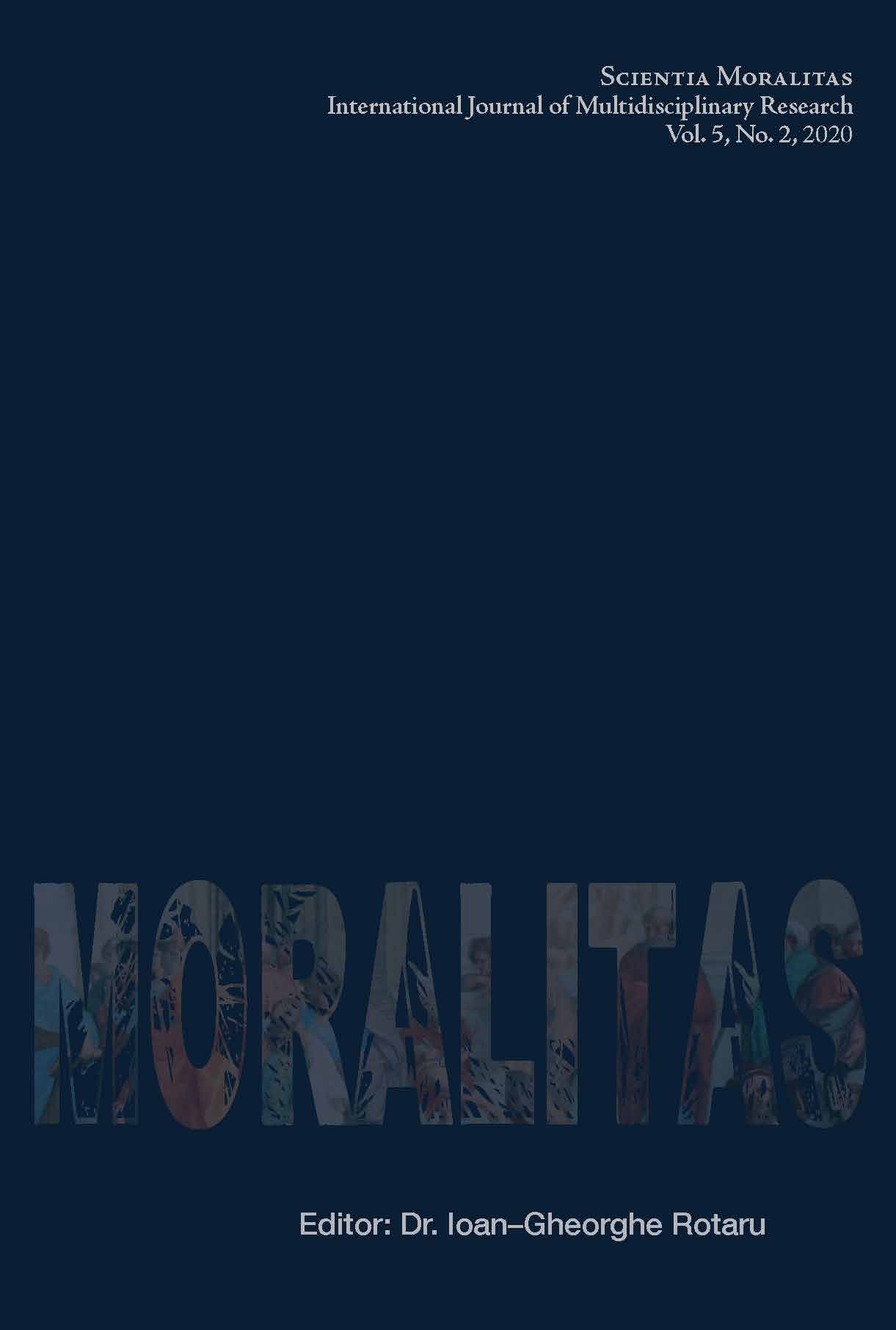A Combined Model of Ecological Systems Theory and Social Learning Theory to Understand the Acquisition of Intimate Partner Violence
A Combined Model of Ecological Systems Theory and Social Learning Theory to Understand the Acquisition of Intimate Partner Violence
Author(s): Xiaomin ShengSubject(s): Behaviorism, Victimology
Published by: Scientia Moralitas Research Institute
Keywords: Intimate partner violence; ecological theory; social learning theory;
Summary/Abstract: Intimate partner violence (IPV for short), like other aggressive and abusive behaviors, is acquired from observing, interacting with, and engaging in a social environment. Once this violent behavior is learned, it will persistently resort as a way to resolve interpersonal issues during the life trajectories of an individual. Therefore, in order to prevent IPV from being acquired from the risky social environment, it is necessary to look at the trigger factors that can lead an individual into perpetuating or accepting IPV within the context he or she is growing up. To do so, Bronfenbrenner’s ecological systems theory (EST) will provide an examination of how an individual’s complex inter-relationships within the five layers’ environmental systems (miro-, meso-, exo-, macro-, and chronosystems) can result in his or her tendency to form IPV behaviors. Similar to Bronfenbrenner’s EST, Aker’s social learning theory (SLT) also argues that an individual’s interactions with others provide the context in which the IPV learning process occurs. While different from Bronfenbrenner’s EST, Aker’s SLT exposes an individual’s cognitive learning process that either favor or against an observed behavior and whether or not to imitate it. Therefore, this paper attempts to combine Bronfenbrenner’s EST and Aker’s SLT to provide a theoretical model from which the knowledge in the field of IPV is constructed and to establish a theoretical explanation of an individual’s IPV behaviors acquisition.
Journal: SCIENTIA MORALITAS - International Journal of Multidisciplinary Research
- Issue Year: 5/2020
- Issue No: 2
- Page Range: 1-15
- Page Count: 15
- Language: English

